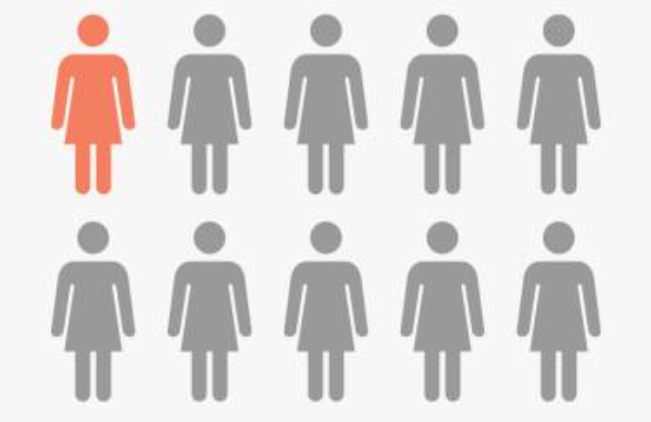
Before reading the information on this page, we would appreciate if you could fill out the form below so that we can see where the general trend understanding of period poverty is within society.
What is Period Poverty?
Period poverty refers to the lack of access to menstrual hygiene products, adequate sanitation facilities, and relevant education about menstruation. It affects individuals who are unable to afford or access sanitary products such as pads, tampons, or menstrual cups, as well as those who may not have access to clean water and proper sanitation facilities to manage their periods hygienically.
Period poverty is a global issue that primarily affects women and girls in low-income communities and developing countries. It can have significant negative consequences on their health, education, and overall well-being.
The inability to manage menstruation effectively can lead to health risks, such as infections, and can cause discomfort and embarrassment. It can also result in missed school or work days, limiting educational and economic opportunities for those affected. Moreover, the lack of understanding and stigma surrounding menstruation in some societies can perpetuate taboos and discrimination against women and girls.
Addressing period poverty involves ensuring affordable and accessible menstrual products, improving sanitation infrastructure, and promoting menstrual health education and awareness. Many organizations and initiatives are working to tackle this issue by distributing sanitary products, advocating for policy changes, and fostering conversations to break the silence and stigma associated with menstruation.
Statistics
Market for Tampons and Pads
There is no reason for the prices of sanitary products to be rising at a faster rate than inflation, especially since the graph represents the time period after the tampon tax in the UK was scrapped, and so prices should be falling.
1 in 10 girls between the ages of 14 and 21 in the UK cannot afford to buy menstrual products
The same study revealed that 12% of girls had to improvise sanitary wear due to financial constraints, such as using toilet paper or socks.
According to research by Plan International UK, around 137,700 children in the UK missed school in 2017 due to period poverty.
Urgent change is needed.




